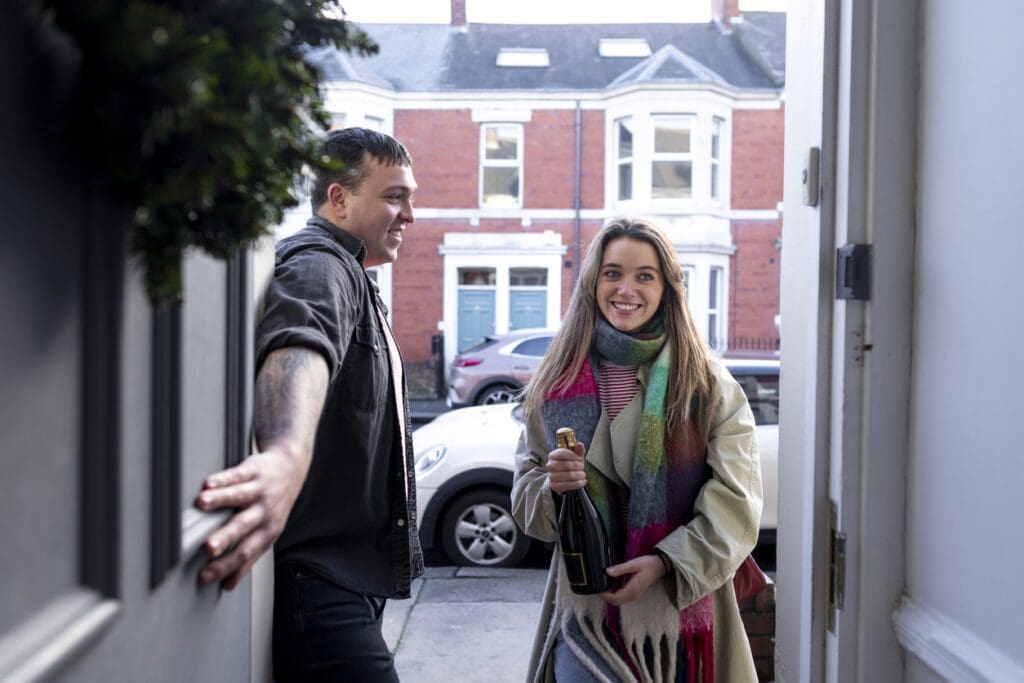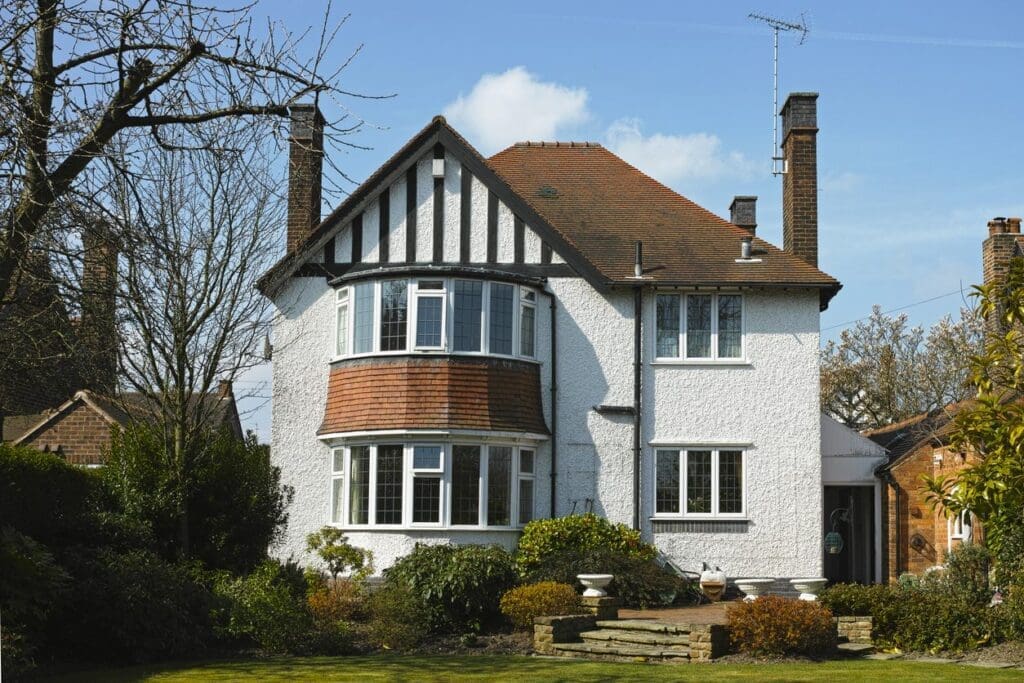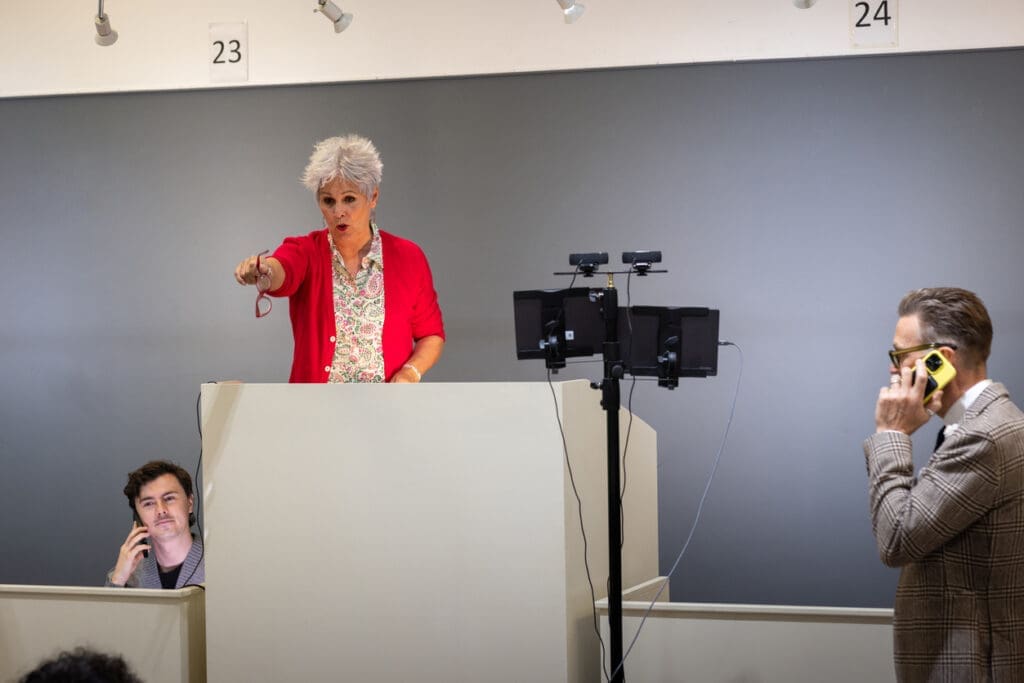Buying your first home can feel overwhelming, but breaking it down into manageable steps can makes the process easier. As a first-time buyer, you need to understand your budget, mortgage options, and the house buying process before you start viewing properties.
What is a first-time buyer?
A first-time buyer is someone purchasing their first residential property. Most lenders define this as someone who’s never owned a residential property in the UK or abroad.
Key Point – Your status as a first-time buyer can give you access to special mortgage products, government schemes and stamp duty relief designed to help you get on the property ladder.
Understanding your budget
Before you start house hunting, you need to know what you can afford. This involves calculating:
- Your deposit amount
- Your borrowing capacity
- Additional costs
Saving for a deposit
Most mortgage lenders ask for at least 5-10% of the property value as a deposit. The bigger your deposit, the better mortgage deals you’ll qualify for.
Use these strategies to build your deposit:
| Strategy | Details |
|---|---|
| Lifetime ISA (LISA) | Save up to £4,000 per year and get a 25% government bonus (up to £1,000 annually) |
| Help to Buy ISA | If you already have one (closed to new accounts), you can continue saving until November 2029 |
| Regular saving | Set up automatic transfers to a savings account on payday |
| Family support | Some lenders offer family deposit mortgages where relatives can help |
| Shared ownership | Buy a share of a property (25-75%) and pay rent on the rest |
Mortgage options for first-time buyers
Types of mortgages
- Fixed-rate mortgages: Interest rate stays the same for a set period (typically 2-5 years)
- Variable-rate mortgages: Rate can change, including tracker and standard variable rate options
- Discount mortgages: Offer a discount on the lender’s standard variable rate for a fixed period
Mortgage affordability
Lenders typically offer 4-4.5 times your annual income, though this varies based on your credit score, existing debts, and spending habits.
First-time buyer mortgage schemes
Several special mortgage options exist for first-time buyers:
| Scheme | How it works |
|---|---|
| 95% mortgages | Only need a 5% deposit, though rates are higher |
| Guarantor mortgages | A family member guarantees your mortgage, potentially allowing higher borrowing |
| Shared ownership | Buy a percentage of a property and pay rent on the rest |
| First Homes scheme | Buy at a discount of 30-50% compared to market value |
Additional costs
Remember to budget for these extra expenses:
| Cost | Typical range |
|---|---|
| Solicitor fees | £850-£1,500 |
| Surveying costs | £400-£1,500 depending on survey type |
| Mortgage arrangement fees | £0-£1,500 |
| Stamp duty | First-time buyers pay nothing on properties up to £425,000 |
| Moving costs | £300-£1,000 |
| Initial repairs/furnishing | Varies widely |
The house buying process
Finding your first home
Start by creating a list of requirements and researching areas that match your budget. Consider:
- Property type (flat, house)
- Number of bedrooms
- Transport links
- Local amenities
- Schools (if relevant)
- Future growth potential
Register with estate agents and property websites, and set up alerts for new listings that match your criteria.
Viewings and making an offer
When viewing properties:
- Visit at different times of day
- Check for issues like damp, cracks, or older installations
- Consider the property’s orientation and natural light
- Ask about the heating system, windows, roof age, and insulation
When making an offer, research comparable property prices in the area. Most properties sell for 5-10% less than the asking price, but competitive markets may require offering the full amount.
The buying process timeline
Once your offer is accepted, the process typically takes 2-3 months:
- Instruct a solicitor/conveyancer
- Apply for mortgage
- Property survey
- Legal searches and enquiries
- Exchange contracts
- Completion
Property surveys
A survey protects you from buying a property with serious defects. Common survey types include:
| Survey type | Best for | Cost |
|---|---|---|
| Mortgage valuation | Basic lender requirement | £150-£300 |
| RICS Home Survey Level 1 | Modern, standard properties | £300-£400 |
| RICS Home Survey Level 2 | Conventional properties in reasonable condition | £400-£950 |
| RICS Home Survey Level 3 | Older, larger or unusual properties | £600-£1,500 |
Exchange and completion
Exchange of contracts is when the deal becomes legally binding. You’ll need to:
- Pay your deposit
- Have buildings insurance in place
- Sign the contract
Completion is when you get the keys and officially own the property. You’ll need to:
- Ensure your mortgage funds are released
- Pay any remaining fees to your solicitor
- Arrange meter readings and notify utility providers
After you’ve moved in
Set up:
- Council tax
- Utility accounts
- Internet and TV services
- Mail redirection
Consider making an inventory of the property’s condition, taking photos of any issues to address with the previous owner if needed.





